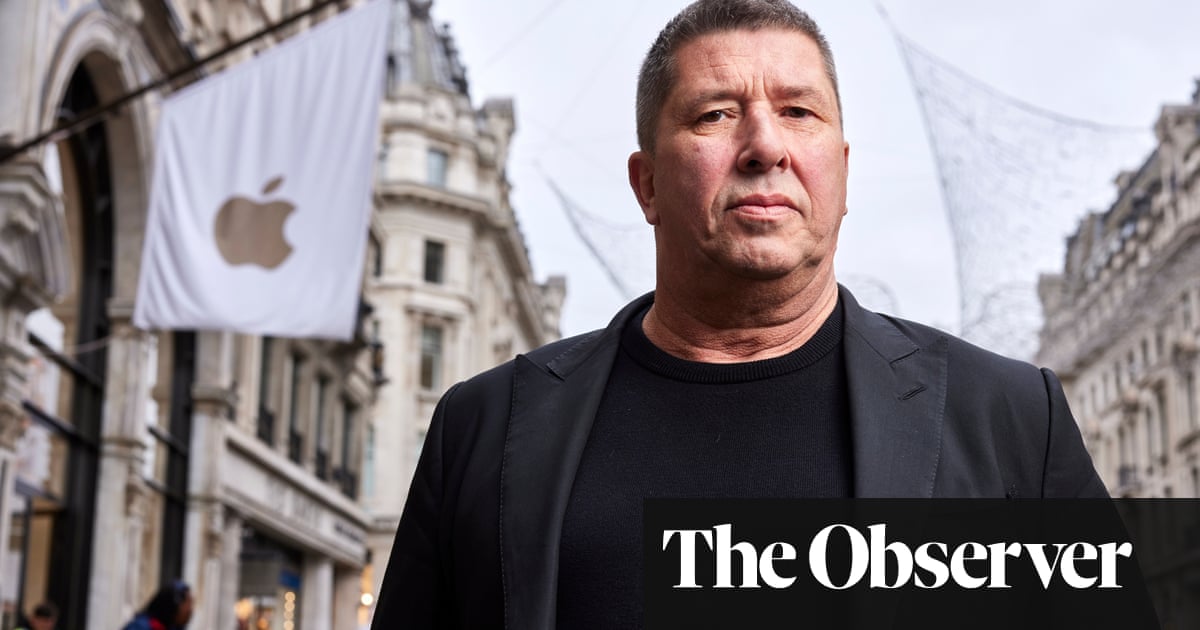Does anyone have the link to the patent?
Short on time but they’re identified early on in this decision:
https://www.bloomberglaw.com/public/desktop/document/Smartflash_LLC_v_Apple_Inc_No_20161059_2017_BL_62739_Fed_Cir_Mar_Paywalled
You can look up Smartflash v. Apple to find plenty of coverage. There’s a lot more to this story than just a patent fight.
Racz made his fortune inventing a method of mixing hot and cold water - he created a global company selling taps all over the world and eventually sold it (the patent expired a long time ago, and AFAIK it’s now the standard technology used by all tap companies). Perfect example of patents actually working as intended. His next invention and business was supposed to be in the music industry, and he partnered with a company called Gemplus to fill in gaps in his expertise - especially software R&D.
The head of R&D at Gemplus left the company and started working for Apple. Where he built all of the same stuff that he had been working on with Racz. We’re talking really fundamental technology here - such as DRM to keep the record labels happy which was obviously required otherwise the whole business wouldn’t work at all. Racz had lined up partnerships with major record labels and some of the biggest pop stars in the world and it all collapsed when iTunes came along with all the same stuff.
This is the best summary I could come up with:
He presents an intriguing figure: a credible, established British inventor who first gained wealth and success in the 1980s, but clearly bruised and angry after years of a David v Goliath dogfight that now dominates his online reputation and leaves onlookers questioning whether Racz or Apple is in the right.
What gave him a “new lease of life” was patents for the tech that were first lodged in 1999 and granted nearly a decade later, teeing up a huge court battle that is still playing out as he targets $18bn in damages.
When he sold his tap business, Avilion, he pursued the digital download market, just as Napster upended the music industry with illegal filesharing.
His blood boiled as he saw late Apple boss Steve Jobs “soak up the praise” for a series of products marrying hardware and software in the way Racz claims he first devised, starting with iTunes in 2003.
Racz’s latest tussle is with the US Patent Office, which he is suing for refusal to disclose uncensored emails and documents related to his intellectual property.
Away from his legal pursuits, he is a backer of Regent Sounds, a musical instrument shop in central London’s Denmark Street once used by the Rolling Stones as a studio and which engaged in its own tussle with the landlord behind the huge development by media venture Outernet.
The original article contains 1,019 words, the summary contains 225 words. Saved 78%. I’m a bot and I’m open source!





